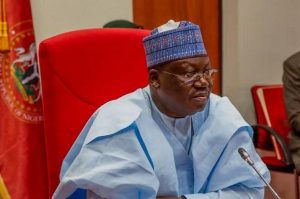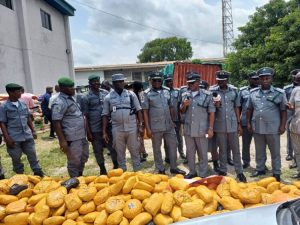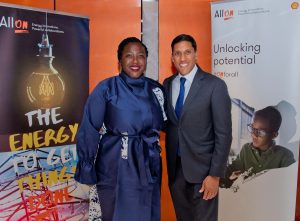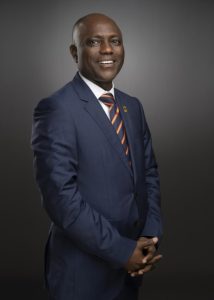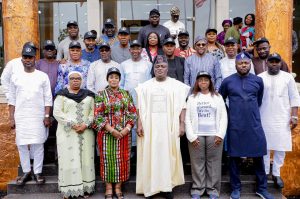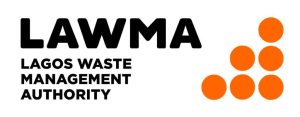Tinubu Approves $750m for Rural Electrification
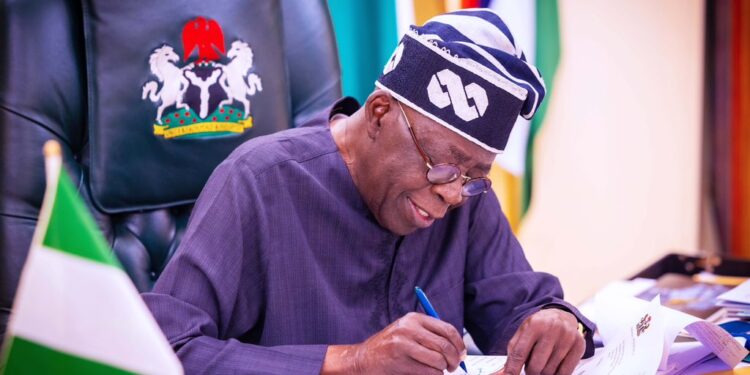
Tinubu
The Federal Government, FG, of Nigeria has approved $750 million in World Bank funding for the construction of 1,200 mini-grids in rural communities across the country.
This initiative, announced by the Managing Director/Chief Executive Officer of the Rural Electrification Agency (REA), Abba Aliyu, aims to provide energy access to approximately 19 million of the 85 million Nigerians currently without electricity.
Addressing newsmen at the Alliance for Rural Electrification Energy Access Forum in Lagos, Aliyu revealed that President Bola Tinubu had endorsed the Distributed Access through Renewable Energy Scale-up (DARES) project. The DARES project is designed to incentivize the private sector to electrify 23 percent of Nigeria’s unelectrified population using the allocated funds as capital subsidies.
Aliyu elaborated on the ambitious goals of the project, stating, “We aim to provide three million Nigerians with electricity access through isolated mini-grids, 1.5 million through interconnected mini-grids, and 15.5 million through solar system mesh-grids.”
Additionally, the project seeks to support over 40,000 farmers by providing them with productive use of equipment to enhance their productivity.
This funding represents the largest public sector-funded off-grid project globally. It builds upon the existing Nigeria Electrification Project, a $550 million initiative funded by the World Bank and the African Development Bank, currently in its implementation phase.
Minister of Power Adebayo Adelabu, represented by his Technical Advisor Adedayo Awoniyi, emphasized the critical need to expand energy access beyond the national grid. He noted that off-grid technologies are essential for accelerating energy access in rural areas and alleviating energy poverty for 95 million Nigerians.
Adelabu highlighted the shift from grant funding to commercially viable mini-grid investments, stressing the importance of creating sustainable and scalable energy solutions. “We need to ensure a scale-up to enable organizations to drive these projects independently and deliver these services without relying on grant funding,” he remarked.
Adelabu acknowledged that while grant funding remains necessary for certain projects, there is a need for a clear electrification plan to differentiate commercially viable projects from those requiring grants. This approach aims to allocate appropriate capital types to various projects, ultimately striving for 100 percent electricity access in Nigeria.
David Lecoque, CEO of the Alliance for Rural Electrification, emphasized the conference’s goal of fostering investments and partnerships with the Nigerian government and international partners in the renewable energy sector. The discussions aim to address the challenge of providing energy access to the 85 million Nigerians currently unserved.
This substantial investment marks a significant step toward bridging Nigeria’s electricity gap, promising to improve the quality of life for millions and boost economic productivity in rural communities.


